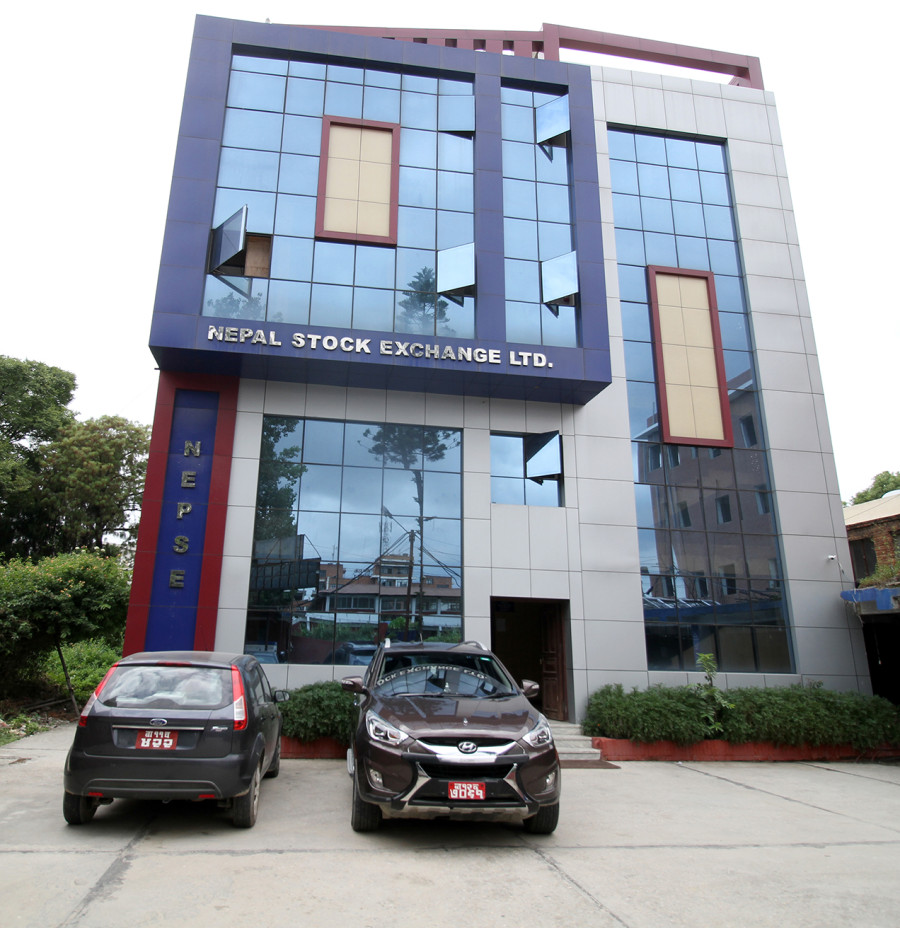Money
Margin trading receives no response from investors
Margin trading is a platform that enables investors to borrow money from their broker to buy shares.
Rajesh Khanal
Since the facility was introduced nearly two weeks ago, it has not found any clients, according to brokerage firms. “Despite some stockbrokers receiving a handful of enquiries from potential investors, no one has booked a loan as of now,” said Bharat Ranabhat, president of Stockbrokers’ Association of Nepal.
Margin trading is a platform that enables investors to borrow money from their broker to buy shares. Margin trading enables investors to borrow money from their broker to buy shares. Both stockbrokers and investors have long been demanding the regulator to allow them the margin trading option to carry out their share transactions, citing that it could boost trading in the stock market.
So far, 21 out of 50 brokerage companies have received a licence to offer the margin trading facility to their clients. According to the stockbrokers, most of them who have put forth the facility have fixed the interest rate at an average of 14 percent per annum.
Ranabhat said the slow move from investors might be due to the closing of the third quarter of the current fiscal year, which ended last Thursday. “As many investors who had taken a loan from the banks were under pressure to settle interests due during the period,” said Ranabhat.
As per a directive of the Securities Board of Nepal, stockbrokers with a net asset of Rs50 million can offer margin trading service to investors. Stockbrokers can issue margin loans of up to 50 percent of the value of the shares based on the 180-day average price or the prevailing market price, whichever is lower.
Similarly, stockbrokers can provide margin lending service to purchase shares of only those listed companies which have issued a minimum 10 percent dividend in the last two successive years. These companies should also have more than 10,000 shareholders.
Ranabhat attributed the impact of the prolonged bearish trend in the market for investor apathy towards the margin trading facility. The secondary market plunged by over 150 points in the past two months.
On Sunday, the stock exchange dipped by four points to close at 1,133.71 points, with all trading groups posting losses. Likewise, single day trading dropped to a mere Rs113.35 million, down from a record high of Rs2.24 billion on July 26, 2016.
Ranabhat said Sunday trading was hit after the Nepal Stock Exchange delisted 81 companies that had failed to clear their renewal fee. The front line regulator has barred these firms from conducting shares transaction after they failed to renew their licence even after a three month grace period in the last fiscal year, which closed on July 16.




 22.12°C Kathmandu
22.12°C Kathmandu














